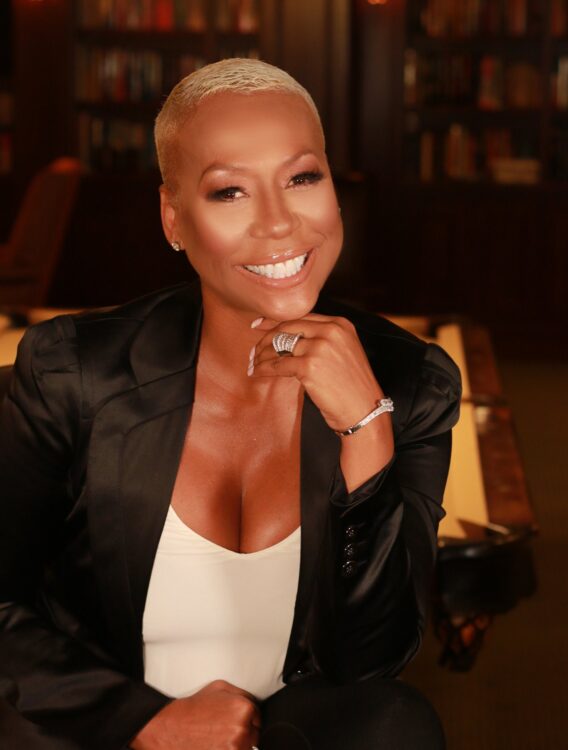Is sexual harassment different from the perspective of black women?
Share
Explore Our Galleries
Breaking News!
Today's news and culture by Black and other reporters in the Black and mainstream media.
Ways to Support ABHM?
By Adam Howard, The Grio

Sexual harassment has been back in the news with reports of a lawsuit against U.S. Olympics women’s basketball coach, Geno Auriemma.
Kelley Hardwick, an African-American NBA security official, claims Auriemma had her removed from an assignment to the 2012 London Games in retaliation, after she spurned his advances. In addition, she alleges she was paid less than her male counterparts and was “slammed hard” against the league’s “glass ceiling.”
In response, Auriemma called the claims “beyond false” and said he would defend himself “to the fullest.” The employment discrimination lawsuit, filed June 11 in state Supreme Court in Manhattan, names Auriemma, the NBA and USA Basketball as defendants.
Whatever the outcome of this case, it is a stark reminder that sexual misconduct in the workplace is still alive and kicking, even at the highest levels.
In fact, according to the National Council for Research on Women, at least half of all women will experience sexual harassment at some point in their lives.
“Sexual harassment is still pervasive, frequent and harmful,” high-profile Los Angeles attorney, Gloria Allred, told theGrio.
However, according to clinical psychologist, Nicole T. Buchanan, of Michigan State University, experts who investigate harassment have been disturbingly silent about issues facing women of color.
For African-American women, sexual harassment is rarely, if ever, about sex or sexism alone; it is also about race, says Buchanan. “Racialized sexual harassment is the way women of color are uniquely harassed in ways that combine race and gender.”
Advice columnist Deborrah Cooper, who says she herself has experienced sexual harassment in corporate America, agrees that gender and ethnicity play a role in how different women are treated, or mistreated, in the workplace. “White employees tend to feel superior”, co-workers are “less respectful towards black women,” and there is the perception that “sistas are of less value,” says Cooper.
For Buchanan, sexual harassment is inextricably intertwined with racist attitudes. “Sometimes drawing on stereotypes of black women, for example, the assumption that African-American women are hyper-sexual,” says Buchanan.
Buchanan states that black women are more vulnerable in the workplace, not only because of cultural norms, but economic inequality and organizational power. “Women of color tend to have less power and people with less power tend to be harassed or victimized.”









Comments Are Welcome
Note: We moderate submissions in order to create a space for meaningful dialogue, a space where museum visitors – adults and youth –– can exchange informed, thoughtful, and relevant comments that add value to our exhibits.
Racial slurs, personal attacks, obscenity, profanity, and SHOUTING do not meet the above standard. Such comments are posted in the exhibit Hateful Speech. Commercial promotions, impersonations, and incoherent comments likewise fail to meet our goals, so will not be posted. Submissions longer than 120 words will be shortened.
See our full Comments Policy here.